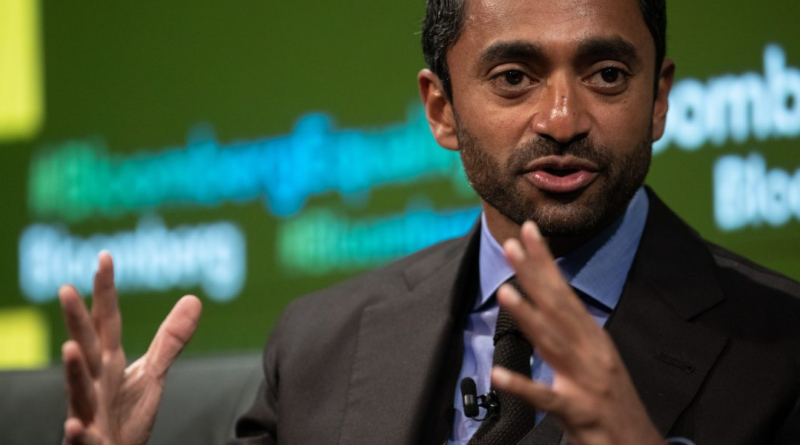VCs weigh in on IRL, the social app unicorn with 95% fake users: ‘Inexcusable’
Last week, Fortune reported on the fall of IRL, a social app startup that, after topping $1 billion in valuation a few years ago, said it’s shutting down because 95% of its users were fake. This week, venture capitalists weighed in on the debacle, with a focus on how investors got it so wrong.
IRL joined the ranks of unicorns—companies with private valuations of at least $1 billion—thanks to a $170 million Series C funding round led by SoftBank Vision Fund 2 (among the returning investors were Goodwater Capital, Founders Fund, and Floodgate), bringing its total raised to more than $200 million. Suspicions of its “zombiecorn” status grew after CEO Abraham Shafi stepped down in April following employee allegations of inflated user numbers.
On the All-In podcast on Friday, venture capitalists discussed the investor due diligence—or lack thereof—that should have exposed IRL’s inflated user numbers.
A key VC role is “asking uncomfortable questions and doing uncomfortable diligence,” said angel investor Jason Calacanis. “You can trust the founders, but you have to verify that the data you have is correct.”
David Sacks, a general partner at Craft Ventures, added, “The number one part of diligence, I’d say for us—other than looking at metrics, which anyone can do—is the off-sheet references: talking to customers from a list that you figured out yourself, not from the company itself.”
Chamath Palihapitiya, who founded the VC firm Social Capital in 2011, pointed to insufficient checks and balances and what he considers “deeply inexperienced” VCs, who he said “don’t even know how to ask the basic questions or—even more insidiously—you don’t have the courage to say the hard thing. And so these things happen that are frankly inexcusable.”
He added that while venture capital may look easy from the outside, “in practical reality there are only a few legends in our business.” And when push comes to shove in a boardroom or in the middle of diligence, he said, “inexperienced people” may lack the gravitas to challenge a startup’s leaders.
“There has to be conflict,” he said. “I think it’s a necessary feature of good decisions, and that conflict arises internally within your investment team, but it also has to come externally with the executives of the startup and with the CEO themselves.”
The investors also pointed to the size of the SoftBank Vision Fund as an issue. The original fund, founded in 2017, landed over $100 billion in capital.
“When they make a mistake, it’s 20 times bigger than it should be,” said Sacks. IRL “should have been maybe a $10 million mistake…but their fund size forced them to basically write these gigantic checks.”
The size of such funds can go up “because you get paid an annual management fee, and so obviously the way to make more money is to get 2 percent on a larger fixed number every year versus 2 percent on a smaller number,” said Palihapitiya.
Palihapitiya, a former Facebook executive, is himself associated with Silicon Valley excesses. The billionaire earned the nickname “SPAC king” for bringing a number of high-risk startups—most of which haven’t done well—to market via his special purpose acquisition companies.
Big funds, he said, “get the 2 percent, and all of a sudden the profits don’t matter, which means the outcomes don’t matter, which means the diligence is perfunctory and it becomes a theatrical expose…this sort of thin fig leaf you can point to LPs and say, ’We did our work here, give us more money for this next fund.’ That’s the rat race that the venture community is in, and it’s going to get played out in companies like IRL.”
It will also get played out, he added, with today’s flurry of new A.I. companies, but “we’re at the beginning of the hype cycle” with artificial intelligence.

